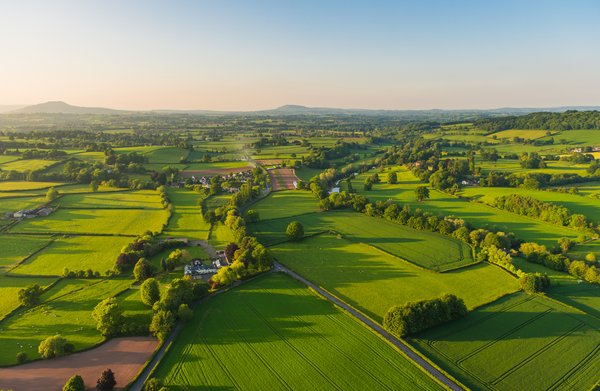
Whether you are an aspiring farmer or simply looking for a dependable investment, purchasing farmland can be worthwhile. However, it is essential to take the time to research and assess your options before making any decisions.
Be sure to work with professionals specializing in farmland sales, such as real estate agents and attorneys experienced in land transactions.
Know Your Purpose
As with any investment, evaluating a property before you buy is essential. Whether you’re buying farmland Rockdale, TX, for agricultural purposes or as an investment, knowing your purpose will help you choose the suitable land. For example, if you plan to raise crops or cattle, ensure the land is well-draining and has reliable water sources. You may also want to perform a soil test, which will give you the nutrient levels and pH of the soil.
You’ll also want to decide if you will grow or harvest your crops or hire workers to do it for you. Finally, you’ll need to know how much you can afford to spend on a farm. This will help you narrow your search and avoid overpaying for a piece of land. It’s possible to find bargain farmland, but it takes a bit of research and time.
Know Your Budget
Purchasing farmland is no small decision, so you must ensure it fits your budget. Take the time to do the math and create revenue forecasts to see if it’s even feasible for you to purchase.
Aside from a few down years, American farmland values have consistently risen. This has given buyers a positive return on their investment over the past decade.
While the return on farmland is high, buying and maintaining can also be costly. The land must be drilled for wells, hooked up to utilities, etc. In addition, the soil must be tested. For instance, clay-rich soil is less desirable as it tends to hold onto water and may impede crop growth.
A farmland investor should do the same diligence when pursuing a residential property. This will help them mitigate risks and ensure their purchases meet business objectives.
Know Your Land’s Potential
Unlike a stock or bond investment, which produces income with dividends, farmland is typically considered a passive asset requiring a lengthy hold period to realize appreciation. As such, farmland should be carefully examined by a knowledgeable agricultural real estate professional.
In addition to the above considerations, buyers should also look at a property’s history and potential for future use. For example, if you want to raise livestock, buying land with existing fencing and shelter may make more sense than spending on new construction.
Also, buyers should ask questions about previous harvest data, occupants, and government program payments. Lastly, water is a crucial resource that should be assessed regarding quality and availability.
Moreover, it is essential to understand that farmland is an illiquid asset that will hurt a farming operation’s liquidity. To mitigate this risk, farmers should consider discussing the purchase with their banking professional to explore loan options that will allow them to acquire the land they need without consuming their working capital.
Know the Area
Farming is often a long-term investment, and buyers should consider the local land market. Land values tend to withstand commodity price volatility, so it is essential to know the local land market history and how much other farms in the area are selling for.
It is also crucial for potential buyers to understand the soil’s story on a property. Knowing the capabilities of the soil and its history will help buyers better determine crop options, revenue forecasts, and how to manage future farming practices best.
Lastly, potential buyers should be familiar with the zoning in the area. Zoning restrictions are essential to understand as they will dictate what you can and cannot do on the land. It is important to remember that your tastes and desires may change over time, but zoning and permitting issues will not.